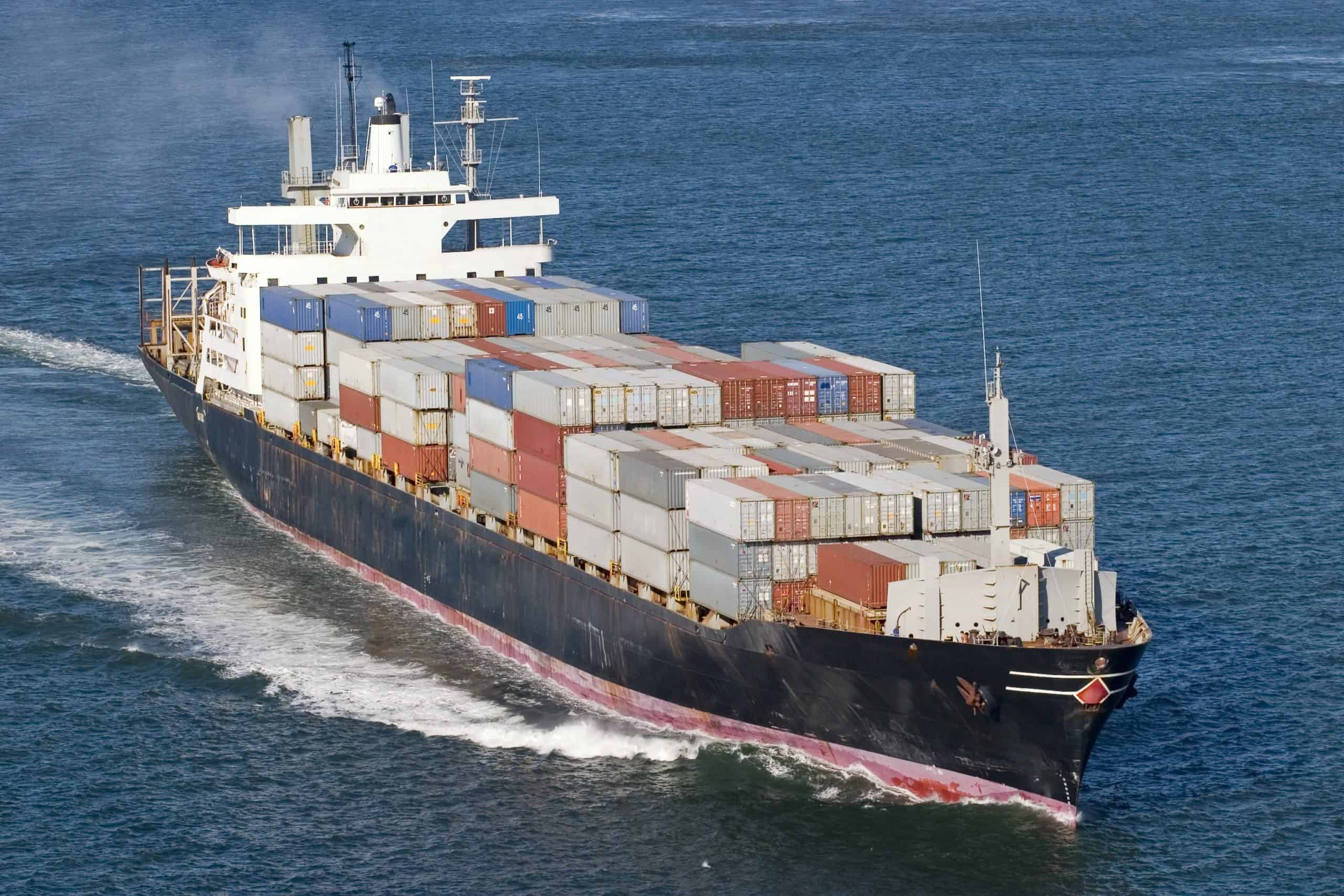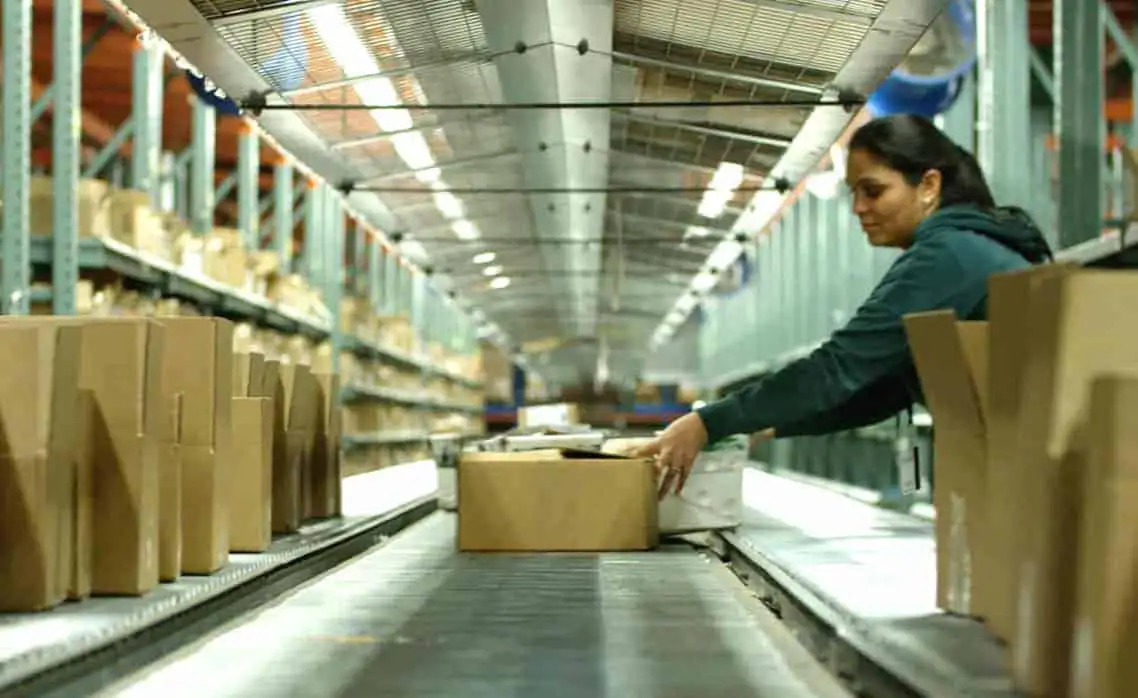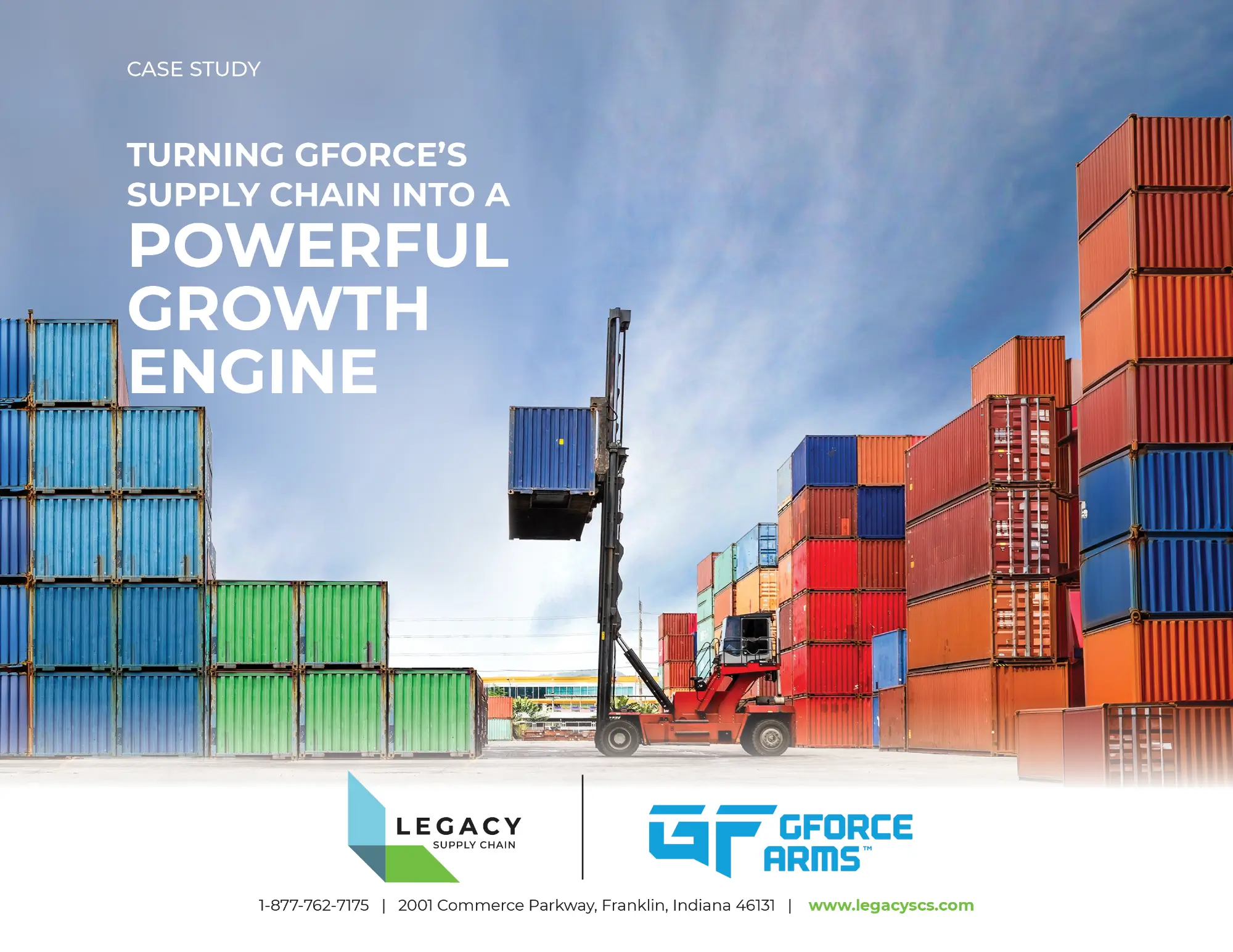What Shippers and Supply Chain Managers Need to Know About International Compliance
In the ever-changing landscape of international compliance, supply chain managers and international shippers of imported and exported goods can use all the expert assistance they can get. In an earlier post — Does Your Company Have An International Trade Compliance Program? — we described the basics of international compliance and discuss why it’s important to have a system in place to deal with the many hoops and hurdles involved with international trade.. Here are some more resources for international shippers:
As an international shipper, you have unique international compliance requirements to meet, and it’s your responsibility to be aware of all current Export Administration Regulations, including:
-
- Restricted party screening — Restricted Party Screening (RPS) refers to all possible trade entities listed as “denied persons” in international trade dealings. The reason for appearing on this list may be for a variety of reasons, so always check new partners against the most current list to reduce the likelihood of being surprised with any unexpected delays.
- Licensing — Certain product(s), but not all, require an export license for international trade. Before shipping a new type of product or material, make sure to check with whichever federal department or agency has jurisdiction over the product or type of material to see if it requires any special clearance.
- Is your product a controlled item? Do you know the Export Control Classification Number (ECCN)? — The ECCN will be needed in finding out whether licensing or a licensing exemption is applicable for your product.
- Are there any Hazardous Materials? — If your materials are classified as “hazardous,” they will need to comply with Federal Hazardous Materials Regulations. The current Federal Motor Carrier Safety Regulations provides detailed information on specific requirements.
- If your product is being shipped by air, are you on TSA’s Known Shipper list? Or are any of the parties involved in the transaction? — The Transportation Security Administration (TSA) regulates a list of “known shippers” on their Known Shipper Management System. This system: “provides a systematic approach to assessing risk and determining the legitimacy of shippers by allowing TSA to identify and approve the Known Shipper status for qualified shippers located in the U.S.”
In addition to preparing and monitoring the status of licenses and required compliance paperwork, a supply chain manager must also maintain constant visibility of all shipments along the supply chain.
A tool that is integral to this process is the shipment or freight auditing aspect of your transportation management system, or TMS.
A Tier 1 Freight Forwarding System is equipped to:
- Provide Visibility by giving you updated booking status, shipping and Customs clearance status, and even purchase order level detail into your in-transit freight
- Automate Processes through customizable international transportation workflow
- Centralize Documentation with online document management, including bill of lading, air waybill, Customs documents and pickup/delivery receipts
- Increase Flexibility by easily identifying if a shipment is behind or ahead of schedule, alternatives can be planned for ahead of time
- Increase Productivity through integrated workflows and streamlined visibility, a transportation manager can focus on more strategic areas that drive value in the supply chain
As an international supply chain and transportation manager, you should ask yourself the following questions:
- Do you have the resources necessary to handle the transportation, or should you outsource part or all of your transportation to a 3PL?
- Cost is always a predominant factor — but where are the opportunities to add value in the supply chain?
- Does your warehousing and distribution infrastructure support your import and export transportation function?
- Does using an FTZ make sense for any or all of your transportation and/or manufacturing process?
Check out Legacy’s VP of Transportation discuss shipping dilemmas>>>
LEGACY handles all of this for our clients, from managing just a small part of transportation to taking care of the entire process, from origin to delivery. We are experts in International Compliance and Customs, have Foreign Trade Zone (FTZ) expertise, and have the Tier 1 Technology to handle your transportation needs.
-
Legacy Achieves Platinum Status for Delivery Excellence From Amazon
When it comes to supply chain performance, the margin for error is razor thin. Customers expect orders to arrive quickly, accurately, and...
+ Read more -
IPS Corporation selects Legacy as 3PL Partner to drive Supply Chain Transformation
FRANKLIN, IN | September 10th, 2025 – Legacy SCS announced that it has been selected by IPS Corporation, a global leader in Water...
+ Read more -
How GForce Transformed Its Supply Chain Into a Powerful Growth Engine
When GForce Arms launched in 2020, the mission was simple but ambitious: deliver affordable, reliable firearms with the speed and...
+ Read more





